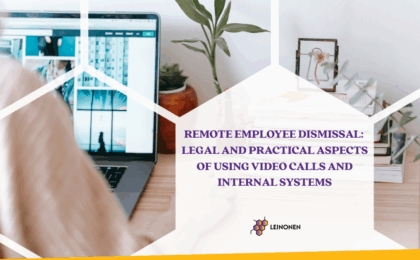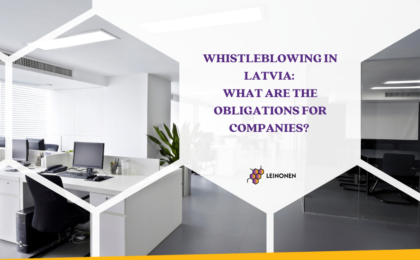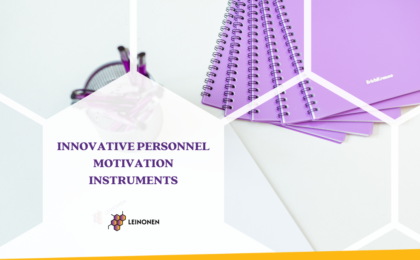In our modern world, where businesses often cross borders, understanding payroll and taxation in different countries is becoming essential. With businesses frequently operating beyond their national borders, grasping the nuances of international tax obligations is essential. Our guide is crafted to offer clear and practical insights into Latvia’s cross-border payroll and taxation landscape.
Differences Between Cross-Border and Local Payroll & Taxes
To differentiate between cross-border and local payroll and taxes, it is necessary to take into account the following differences:
- Non-residents are not granted a payroll tax book, non-taxable minimum, and tax reliefs are not applied when calculating the withheld payroll tax.
- Personal Income Tax (PIT) for non-residents is 23%, the differentiated tax calculation is only for residents.
- Social tax payments for non-residents, if the employee has an A1 certificate and works in Latvia is not exceeded by 183 days, can be paid in the residents’ country.
Key Considerations for Effective Cross-Border Payroll Management
Businesses must pay close attention to several critical factors when managing cross-border payroll and taxes:
- The Role of the A1 Certificate: This document is pivotal, confirming that a non-resident’s social contributions will be made in an EU country other than Latvia. It effectively exempts them from social tax (VSAOI) obligations in Latvia.
- Contract Duration and Residency: The duration of an individual’s stay and work in Latvia can impact their tax residency status. This has significant tax implications, especially for those staying in Latvia for more than 183 days within a tax year.
- Location of Work (Local or Remote): Employment contracts that include provisions for remote work are subject to the laws of the country where the work is physically performed. Obtaining an A1 certificate is essential in these cases.
It’s important to know if a foreigner works in different EU Member States at the same time as social security contributions must be paid in one country only. According to the State Social Insurance Agency of the Republic of Latvia, the A1 certificate states that the person is registered in Latvia as a person subject to social security insurance and that social security contributions during the person’s employment in another Member State must continue to be paid in Latvia.
The Essential Steps to Employing a New Hire
Employing a third-country national in Latvia requires compliance with specific steps and adhering to set salary thresholds. The minimum monthly salary for such employees varies depending on their residence permit: EUR 1004 for employment-related permits, EUR 1506 for those applying for a European Union Blue Card, and EUR 2008 for registered officials, sole traders, or self-employed individuals.
The employment process is as follows:
- Identify necessary employees.
- Register the vacancy with the State Employment Agency of Latvia.
- Submit a call request to the OCMA.
- The foreigner must submit the required documents.
- Following OCMA approval, the foreigner should obtain an identity card.
The European Union Blue Card, a temporary residence permit for highly skilled workers, is available for individuals with at least three years of higher education or five years of relevant professional experience. More detailed information about employing a third-country national in Latvia can be found here (in Latvian) and here.
Key Challenges, Risks, and Questions in Cross-Border Payroll and Taxation
- Challenges in Cross-Border Payroll and Taxation:
- Work Permit Issuance: The Citizenship and Migration Affairs department’s potential inability to issue a work permit presents a significant challenge.
- Administrative Penalties: Risks include administrative penalties for non-registration or working without a work permit.
- Taxation Responsibilities
- A common question in cross-border employment is regarding the handling of taxes. Employers are responsible for deducting taxes from an employee’s salary and ensuring these are paid to the treasury. They must also manage the employer’s portion of taxes. Detailed information on this topic can be found on the Citizenship and Migration Affairs website: Employer’s Guide to Inviting Foreigners.
- Utilizing Tools and Software
- To ensure compliance and efficiency in managing cross-border payroll and taxes, the use of licensed software is recommended. Tools such as a salary calculator can be instrumental in ensuring accurate payroll management.
For further information and detailed guidance, we encourage you to visit the Latvian Government websites, including the Tax department website, especially for specifics on employing Ukrainian employees.
The Leinonen Latvia team is always ready to assist and help with questions that may arise. To reach out to us please find the right contacts HERE.





